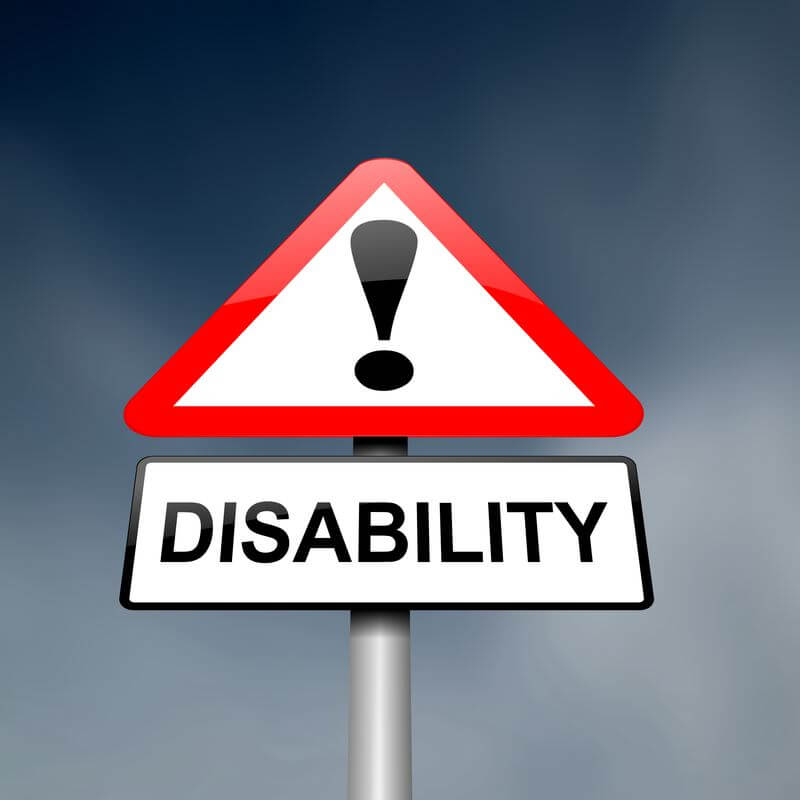Potential Disability Risk
Obviously, as laypeople, people do not have access to the same information that medical professionals do when deciding who receives an organ transplant and, thus, who lives and who dies. However, it can make some assumptions that are consistent with what makes sense. What is right in a subjective sense? When people hear that a baby requires a heart transplant, it seems obvious. A baby, of course, rises to the top of the list. It's a child.
A 5-month-old baby born with a heart defect was denied a heart transplant in 2013. He had already had two surgeries that had failed, and he was in heart failure. He was going to perish. His condition, according to doctors, put him at risk of tumors and infections. But when his mother looked up his condition online, she couldn't find a single mention of it. It was confirmed to her by a doctor.
One thing she did know was that children with her son's condition often grew up with severe disabilities, and she believed that was the true cause. A three-year-old girl in need of a kidney transplant had experienced the same thing. While it's long been known that intellectual disabilities keep people off the transplant waiting list, as you'll see shortly, this was a preemptive strike on a baby who hadn't even had time to develop one way or the other. It is considered one of the unexpected reasons that organ transplants are denied.












